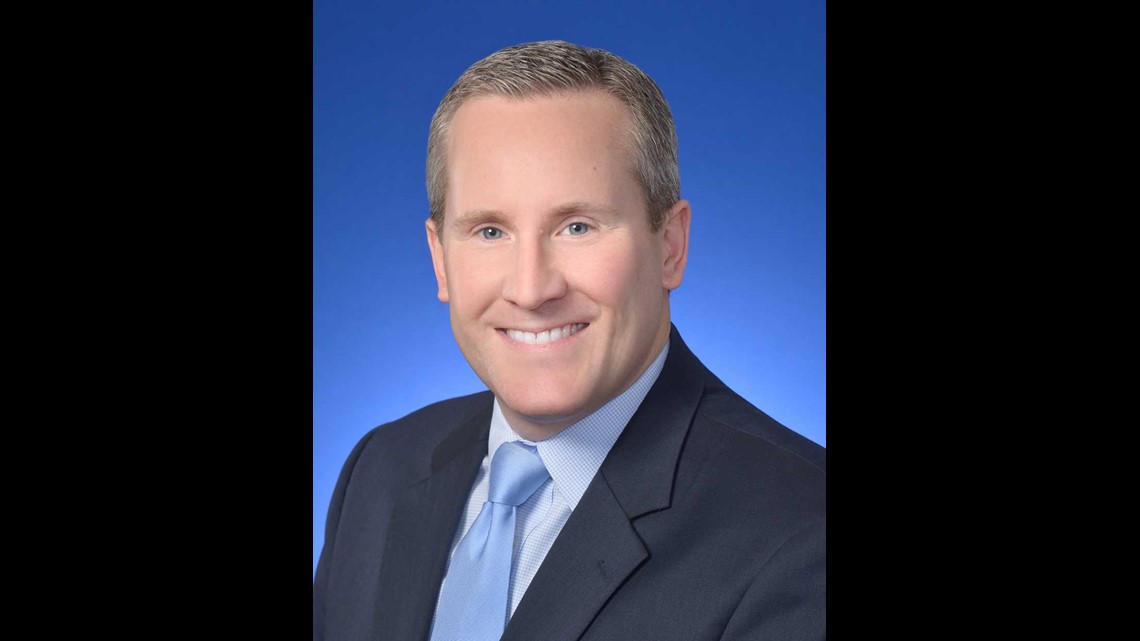INDIANAPOLIS (Statehouse File) — As far as Secretary of State Connie Lawson is concerned, the candidates and the issues, not necessarily the number of early polling sites, drive voter turnout.
Rather, she said to a group of lawmakers Wednesday at the Interim Study Committee on Elections, early voting benefits people who vote in every election.
“We’re trying to reach the infrequent voters,” Lawson said. “The early voting really affects frequent voters more — it affects when they vote. What affects an increase of voters is the ease of voting on Election Day.”


Her message was quickly challenged by John Zody, chairman of the Indiana Democratic Party, who issued a statement asserting that early voting is related to turnout. He was not at the meeting.
Zody noted that during the 2016 election, Hamilton County had more early voting options than Marion County. Hamilton County’s turnout was 15 points higher, he said, and was directly affected by the early voting options.
“If there’s no correlation, as Secretary Lawson suggests, why are places like Hamilton County expanding locations? Convenience,” Zody said. “Every Hoosier voter deserves that option, not just those residing in Republican areas.”
However, a representative from the National Conference of State Legislators, Wendy Underhill, defended Lawson’s statement.
“What we see is that people who would have voted on Election Day spread their votes out during the election season primarily,” Underhill said.
The issue came up after Lawson said Marion County’s polls are open on weekends, unlike the surrounding counties, but she didn’t comment further because of a lawsuit over early voting options in the state’s largest and mostly Democratic county.
Common Cause and two members of the NAACP filed a lawsuit in federal court over the lack of sites available for early voting. Three Marion County voting sites were originally established in 2008, one downtown and two in outside communities. But after 2010, the county’s Election Board authorized only a single early voting site at the City-County Building.
Lawson is among those being sued, along with the Marion County Election Board and several members of the board.
At Wednesday’s meeting, Lawson also spoke about voter turnout and other issues in the 2016 election.
“2016 was a historic year for us here in Indiana,” she said. “We saw more Hoosiers voting than ever before.”
Last year, more than two million Hoosiers — or 58 percent of registered voters — hit the polls. That is 150,000 more voters than the 2012 presidential election.
In 2016, 33 percent of voters cast their ballots early compared to 22 percent in 2012. Hoosiers can begin to cast their vote as early as 29 days prior to Election Day.
Lawson serves as the state’s chief elections officer, studying Indiana elections and the impact of the races. She has a seat at a nationwide table where she discusses larger issues like voter fraud and cyber security, allowing her to discuss those issues at the state level.
“All of my fellow secretary of states met to talk about how elections affect people,” Lawson said. “I have the opportunity to place Indiana at the national spotlight about matter important to our state.”
Lawson also serves on a panel of nationwide elections officials examining whether there was voter fraud in the 2016 election. President Donald Trump convened the panel, alleging fraud cost him the popular vote, even though there has been no evidence of that.
The panel sought detailed information about voting records in every state, including voters’ names, birthdates, addresses and the last four digits of their Social Security numbers. Meanwhile, many state officials expressed privacy concerns about the panel’s request, and 44 states said they would not provide all information.
“I will do what Indiana law requires me to do,” Lawson said.
The law doesn’t permit the secretary of state to provide personal information requested, like social security and driver’s license numbers. However, under Indiana’s public records law, certain voter information — including name, address and congressional district assignment — is available to anyone who requests it.
This content was reproduced from TheStatehouseFile.com, a news service powered by Franklin College.
